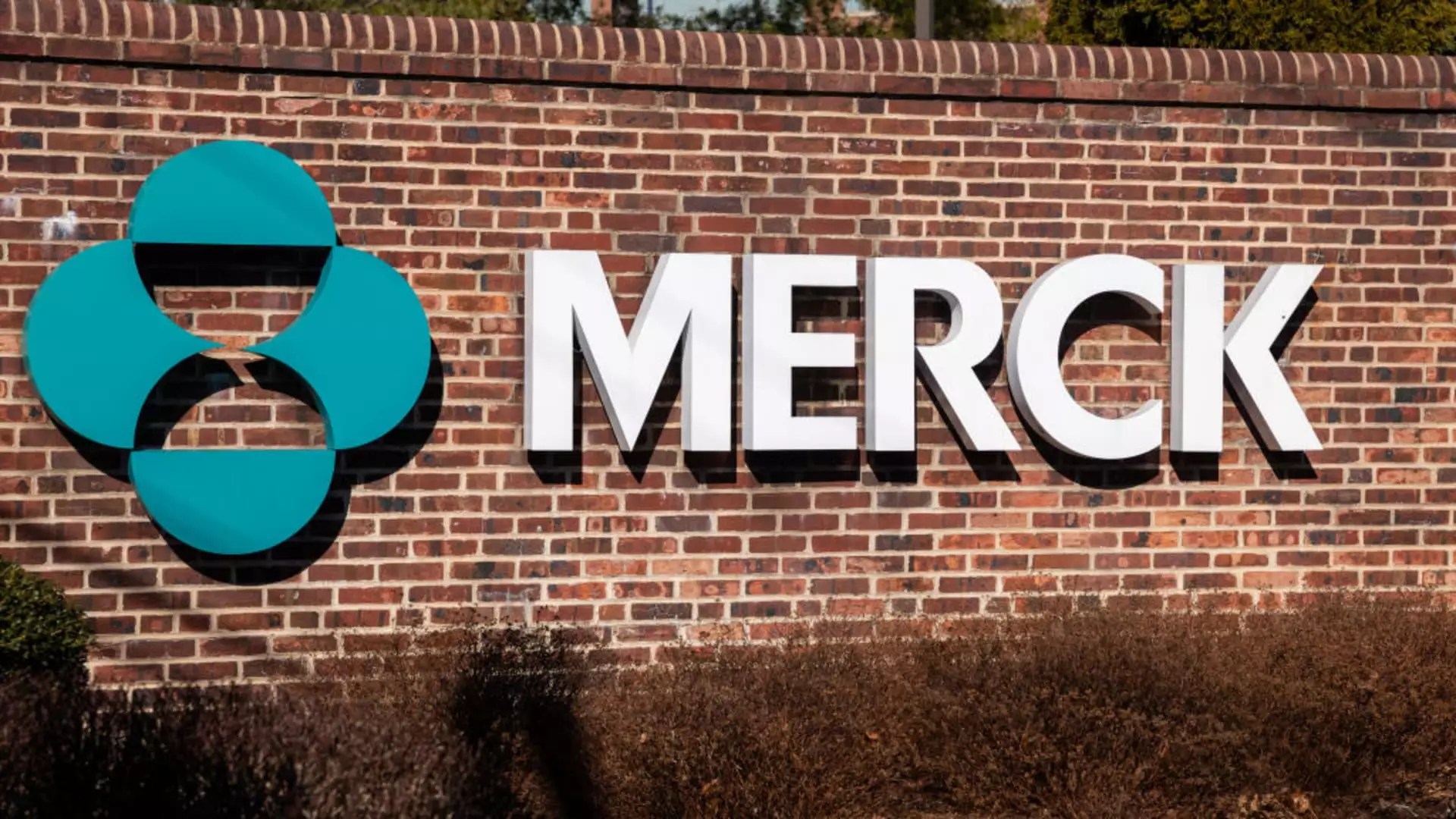The recent endorsement by the Advisory Committee on Immunization Practices (ACIP) for Merck’s new respiratory syncytial virus (RSV) vaccine, Enflonsia, represents an essential triumph for public health, particularly in the current climate of vaccine skepticism. This recommendation not only underscores the need for effective preventative measures against RSV—a leading cause of infant hospitalization—but also acts as a litmus test for the broader public health approach under the supervision of controversial figures like Robert F. Kennedy Jr.
In a period marked by confusion surrounding immunization policies, Kennedy’s rebooting of advisory panels appears to have infused a blend of policymaking along with public concern. However, the decision to approve Enflonsia shines a light on how critical competent advisory groups are in navigating health crises. The unanimous approval provides an essential counter-narrative to ongoing vaccine skepticism that has permeated the American public discourse.
Merck’s Enflonsia: A New Dawn in Vaccine Technology
Enflonsia has shown promise in clinical trials, boasting an impressive efficacy rate—more than 84% reduction in RSV-related hospitalizations and a staggering 90% reduction in hospitalizations due to lower respiratory infections among infants. It’s precisely this kind of breakthrough that can change the trajectory of childhood illnesses in America. Yet, there are always two sides to the vaccination narrative.
Critics like Retsef Levi and Vicky Pebsworth have raised valid concerns regarding the safety profile of Enflonsia. Their perspectives are vital, especially in a society that increasingly demands accountability and transparency from pharmaceutical companies. While the advocacy for vaccines is based on data, one cannot ignore the implications of bringing a new vaccine to market, especially under the scrutiny of a panel that still contains dissenting voices. It raises questions: Is the frenzy for market approval compromising a thorough evaluation of potential risks?
Repercussions on Vaccine Acceptance
While the science surrounding Enflonsia seems robust, the dissent from vaccine critics cannot be brushed off lightly. That two panel members chose to oppose the recommendation signals a rift that reflects broader societal hesitance toward vaccination. This discord sparks a necessary conversation: how do we, as a society, balance scientific progress with the necessary skepticism of public health protocols?
Public confidence hinges on a well-rounded dialogue rather than silencing dissent. Striking this balance would potentially enhance vaccination rates and create an environment where parents feel more secure in decision-making for their children. The situation essentially begs the question: is embracing caution detrimental, or does it foster a more informed public that can advocate for their health needs?
A Broader Framework for Future Vaccines
The approval of Merck’s Enflonsia is much more than a victory for pharmaceutical companies or medical practitioners; it sets a precedent for future vaccine introductions. As we prepare to face the RSV seasons—with serious implications for infant health—ensuring that innovative vaccines are both effective and trusted is paramount.
Merck’s vaccine will compete with Beyfortus from Sanofi and AstraZeneca, which underscores the importance of innovation in this sector. Competition fosters a healthier environment aimed at not just treating but preventing illnesses, but it necessitates vigilance. It is imperative for public health officials to remain transparent and engage with dissenting opinions, rather than dismissing them, to enhance public trust.
The Role of Public Discourse in Health Decisions
As we navigate this pivotal moment in public health, the importance of promoting effective communication cannot be overstated. With Enflonsia’s recommendation, it becomes evident that while the technical merits of vaccines are decisive, they must be paralleled by a societal commitment to discuss claims, critiques, and validation candidly.
Public health needs to evolve beyond a mere reactive stance. Instead, it should focus on fostering an open dialogue about vaccine safety, effectiveness, and the role of advisory committees. Often, these discussions illuminate fears and questions that would otherwise remain unaddressed, adding a layer of public confidence in the health authorities.
With the growing landscape of misinformation, it is essential to be proactive in our discussions instead of allowing fear to dominate the conversation surrounding vaccines. Enflonsia may indeed be a game-changer for infant health, but how we engage, debate, and support these innovations will ultimately determine the trajectory of public health in future generations.


Leave a Reply